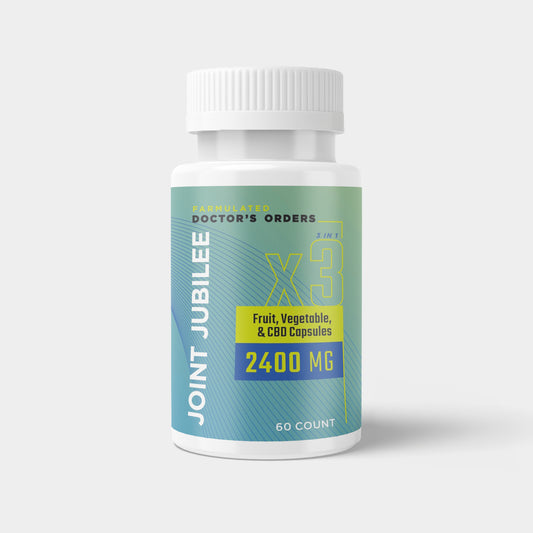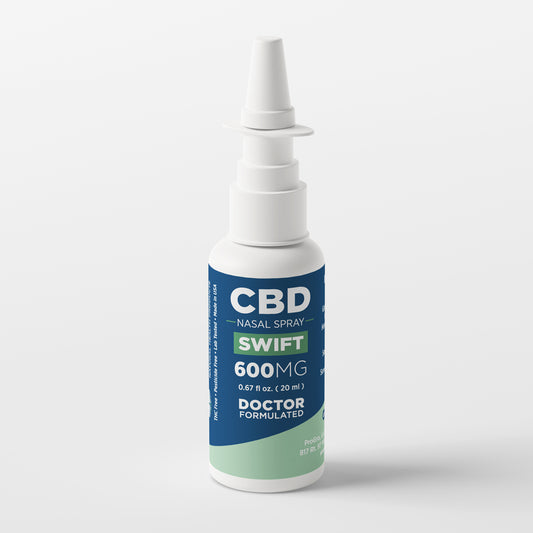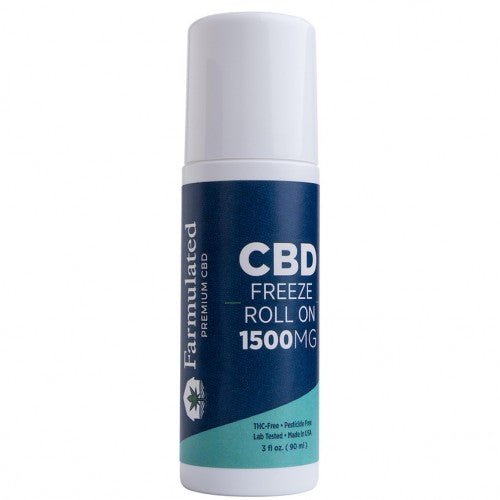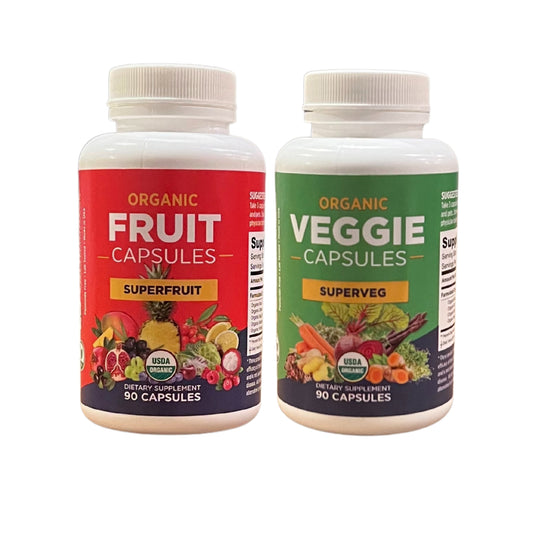We’re back with Pharmacist and Natural Wellness Expert Gina Ruffa, and today’s chat focuses on options for managing chronic pain, which estimates show roughly 28 percent of U.S. adults suffer from.
How prevalent is chronic pain among your patients?
I see chronic pain in a lot of different instances. There’s chronic fatigue, fibromyalgia, and osteoarthritis for starters, and many more. The thing about chronic pain is that it can really compromise a person’s quality of life with side effects like depression and anxiety.
And what do typical treatment options look like?
For a long time, opioids were commonly used and prescribed, and we all know about the opioid epidemic. People can become easily addicted. In terms of non-opioid options, Tylenol is good for pain but doesn’t help with inflammation, and as a general rule of thumb, an excessive dose of Tylenol damages your liver. Then, there are nonsteroidal anti-inflammatory drugs (NSAIDS) like Ibuprofen which treat both pain and inflammation, but again, chronic use can be taxing on kidneys, stomach, blood sugars and blood pressure.
With so many undesirable side effects, what do you recommend for those seeking natural alternatives?
One of the most accessible alternatives for pain management is a change in diet, specifically to a Mediterranean-type, anti-inflammatory diet. There is very positive research surrounding intermittent fasting, but also a whole-foods, plant-based, antioxidant-rich diet, increased consumption of Omega-3s and more Vitamin D. To get into even greater detail, things like curcumin, turmeric, ginger, a compound called capsaicin which comes from hot chili peppers and even pineapple, which contains bromelain, are all excellent for fighting inflammation.
Then we of course have CBD, which is a non-addictive alternative. CBD is potentially very effective in treating chronic pain because of the entourage effect, which involves a combination of cannabinoids, terpenoids and flavonoids. It also shows a lot of promise with neuropathic pain. All of these components help balance the body and naturally promote homeostasis.
Using CBD can also help reduce anxiety associated with chronic pain, which is a very common and troubling side effect. As I always say, begin with the least effective dose and titrate up slowly and as needed to achieve the desired effect.
That’s great advice! Improved diet, natural supplements and, of course, CBD can be so much more effective than many people realize, along with carrying far fewer risks.
It’s getting to the root of the problem!
The natural alternatives actually sound very similar to the ways we treat inflammation, which isn’t surprising, as studies show persistent inflammation can actually trigger pain receptors.
Oh yes! And we’ve discussed some of the biggest dietary inflammation triggers: sugar, gluten, dairy and alcohol. These are all things you need to avoid if you suffer from chronic pain.
Unfortunately, they’re all things people tend to have a hard time reducing in their diets. Do you have a particular method for getting people to take accountability for their health, especially when dealing with chronic pain or other long-term conditions?
I say either pay now in grocery bills or pay later in hospital bills. When we're young, we spend our health trying to gain wealth and when we're older we spend our wealth trying to regain our health.
In general, we must be proactive regarding our health instead of reactive. We must provide our bodies with the best octane that we possibly can to have optimal health by choice, not by chance. It's not the quantity of our years, but rather the quality!
Thanks, Gina! Check back each month for more wellness tips from our favorite holistic pharmacist, then learn more about Gina at what-supp.org





